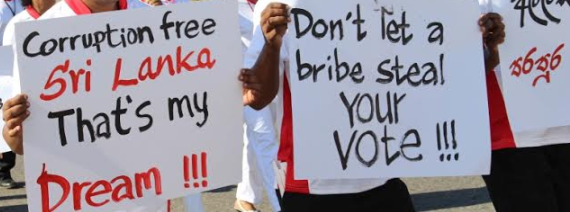
Political Corruption in SriLanka
The reasons why countries like Sri Lanka may experience political corruption can be complex and multifaceted. Some potential reasons for political corruption in Sri Lanka,Weak governance structures, including inadequate checks and balances, ineffective law enforcement, and a lack of transparency and accountability, can create an environment conducive to political corruption.
In some cases, the political leadership may lack the will or commitment to address corruption effectively. This can be due to personal interests, political alliances, or a lack of prioritisation of anti-corruption measures.
The practice of patronage, where politicians provide favours and benefits to their supporters in exchange for political support, can contribute to corruption. Nepotism, favouring family members or close associates for positions of power or benefits, can also undermine transparency and accountability.
High levels of poverty and inequality can create conditions where individuals may resort to corrupt practices to meet their basic needs or gain access to resources and opportunities.
Limited public awareness about corruption issues and low levels of citizen participation can make it easier for corrupt practices to go unchecked. A lack of active civil society organisations and independent media can further contribute to this situation.
Political instability and conflicts can create an environment where corruption thrives. In such circumstances, the focus may shift away from addressing corruption as political actors prioritise their own survival and interests.
Global factors, such as the influence of international actors, global economic systems, and transnational networks, can also contribute to political corruption in countries like Sri Lanka.
It is important to note that these factors may vary in intensity and impact across different countries and contexts. Addressing political corruption requires a combination of legal measures, institutional reforms, public awareness campaigns, and strong political will to create a culture of transparency, accountability, and good governance.






